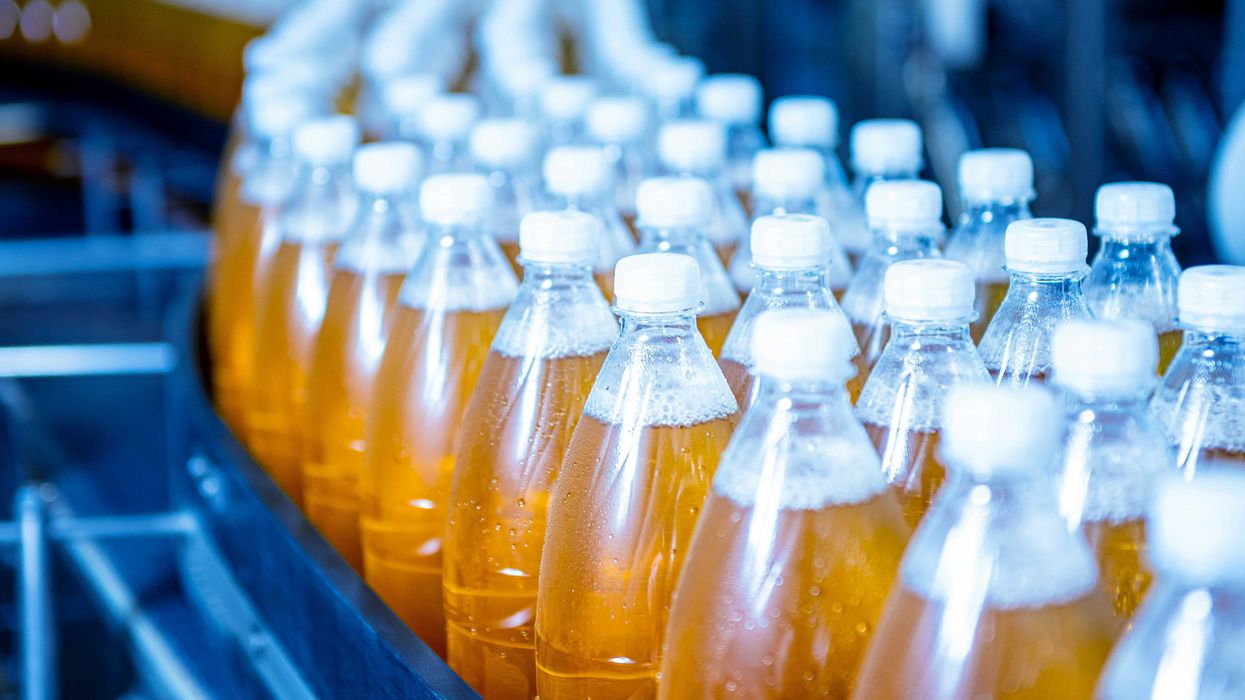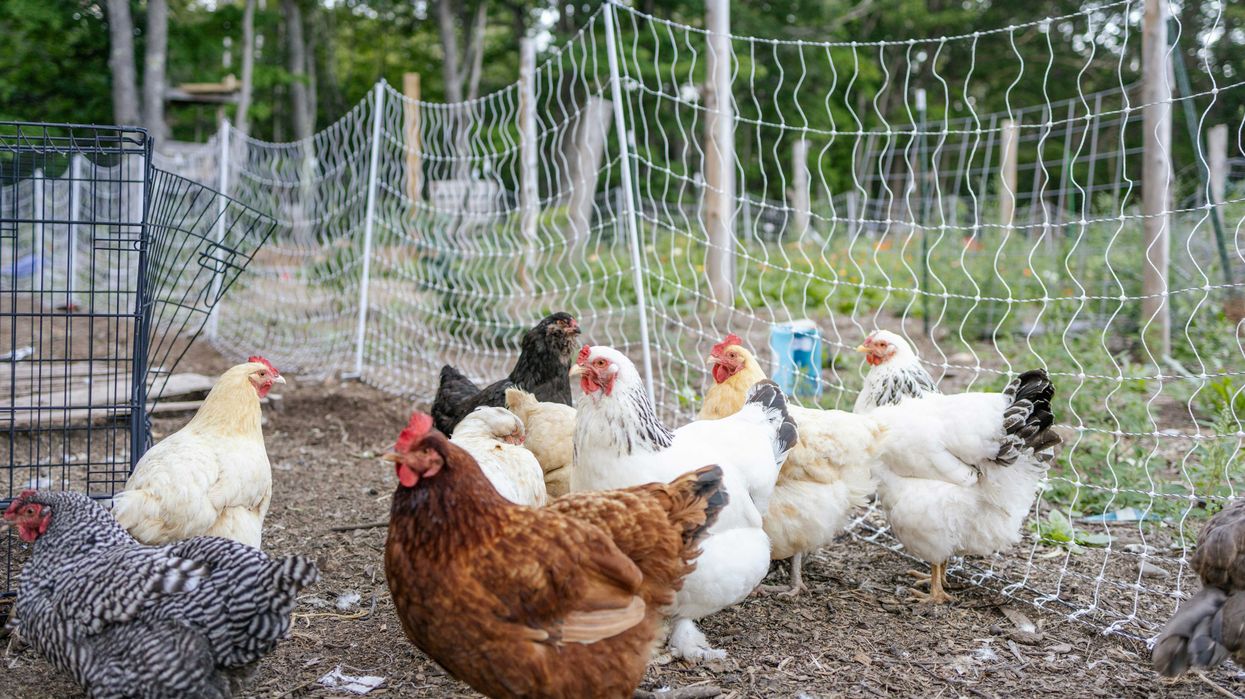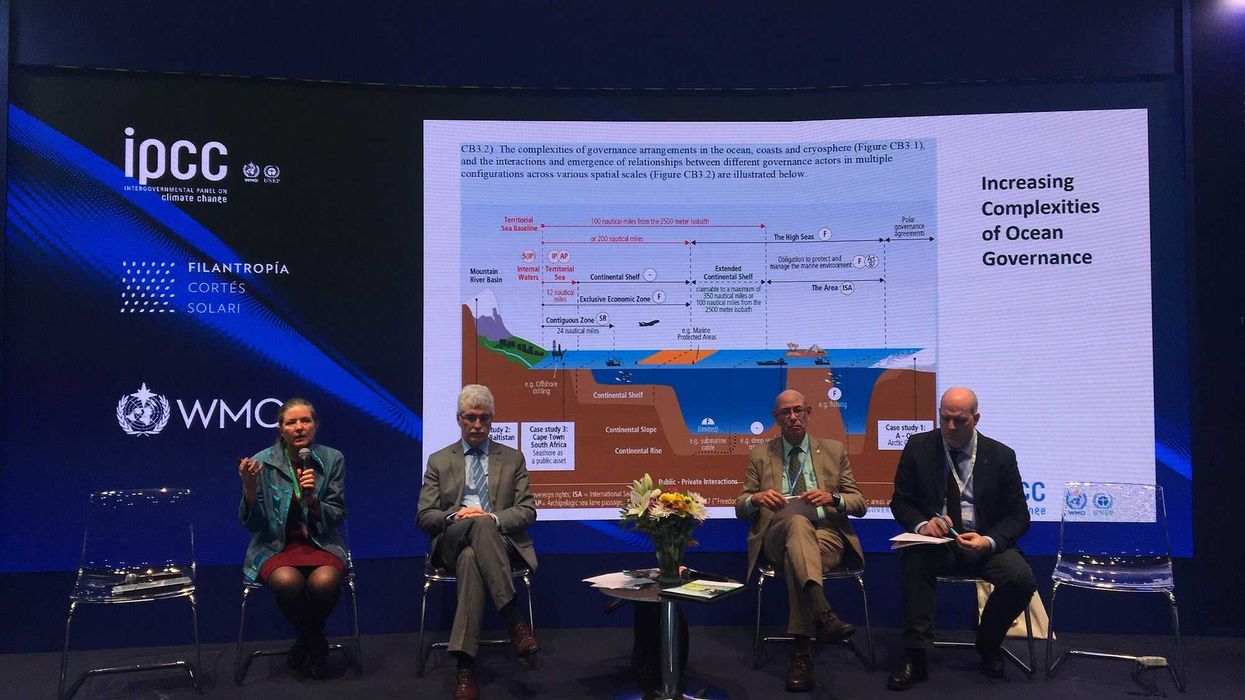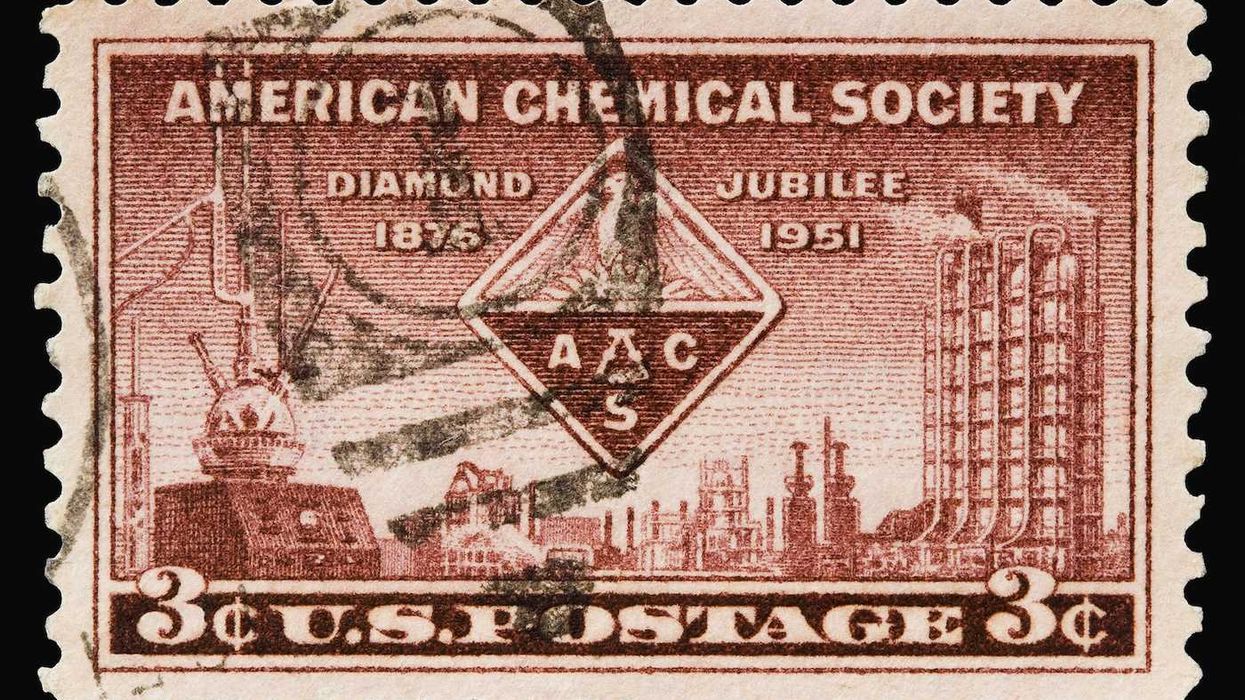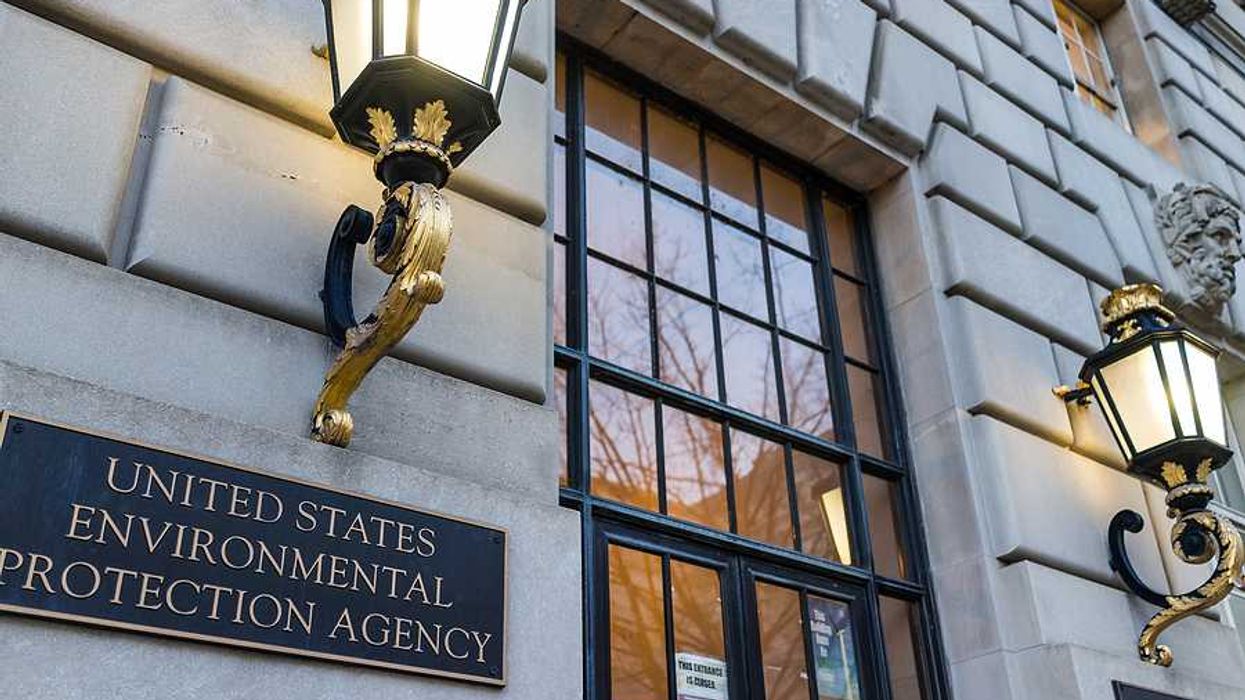Sharon Lerner reports for ProPublica on a new Chevron fuel ingredient that has a lifetime cancer risk more than 1 million times higher than what the US Environmental Protection Agency usually finds acceptable.
In a nutshell:
Lerner's reporting found that the EPA gave Chevron a green light to make the boat fuel at its Pascagoula, Mississippi, refinery despite the fact that the agency is obligated to find ways to reduce risk if data shows a substance will cause unreasonable risk to human health or the environment. In this case the EPA only mandated that workers wear gloves, a bafflingly inadequate safety measure given that a component of the fuel is so hazardous that everyone exposed over a lifetime would be expected to develop cancer.
Key quote:
“This [risk level] is ridiculously high," said Maria Doa, a scientist who worked at EPA for 30 years and former director of a division that managed chemical risks.
Big picture:
Lerner's story follows an earlier investigation by ProPublica and The Guardian about another fuel that carries a sky-high cancer risk. The reporting raises questions about new plastic-derived fuels that fossil fuel companies and the EPA tout as 'climate-friendly' - a great irony as plastics are derived from fossil fuels and further require their use in converting them to a fuel source.
Read the full ProPublica investigation here.
To learn more about the health effects of plastic production, check out EHN's reporting on the petrochemical industry and Kristina Marusic's investigation, The Titans of Plastic.


